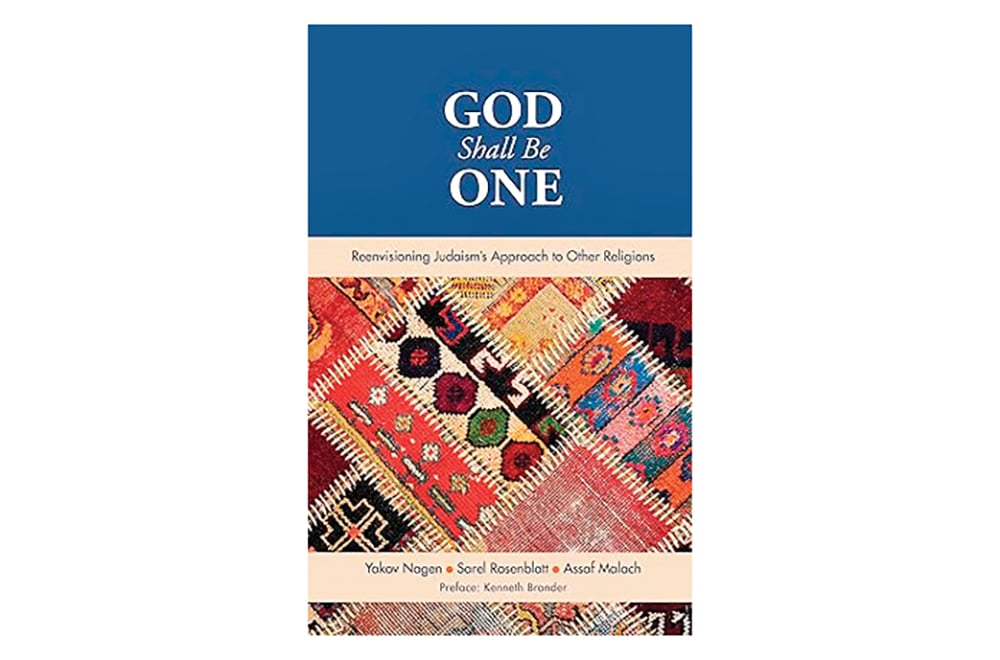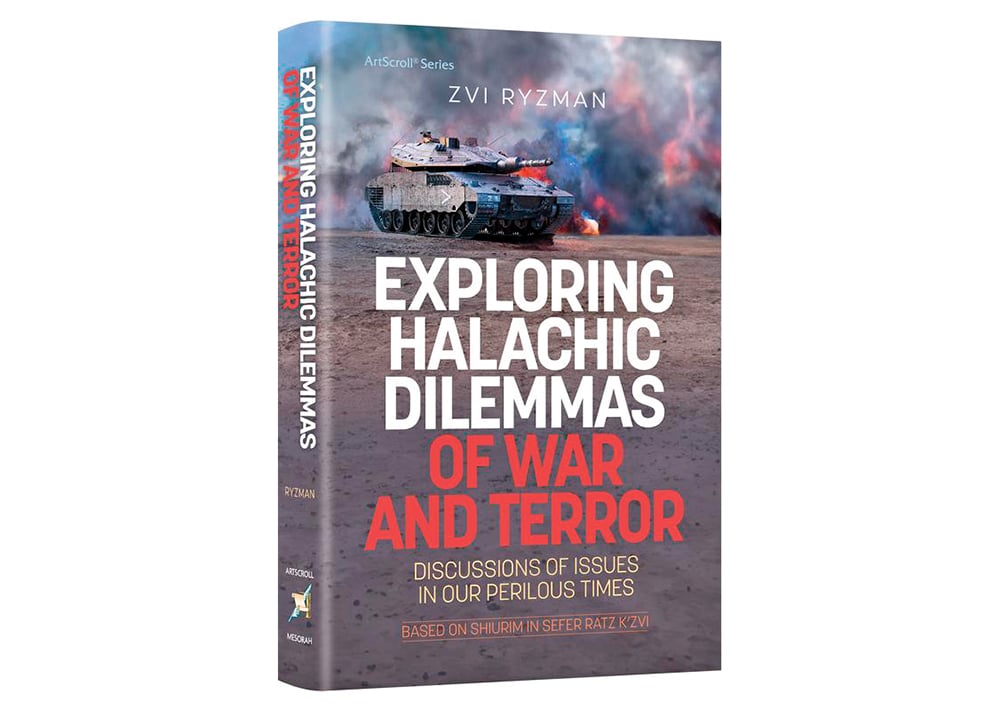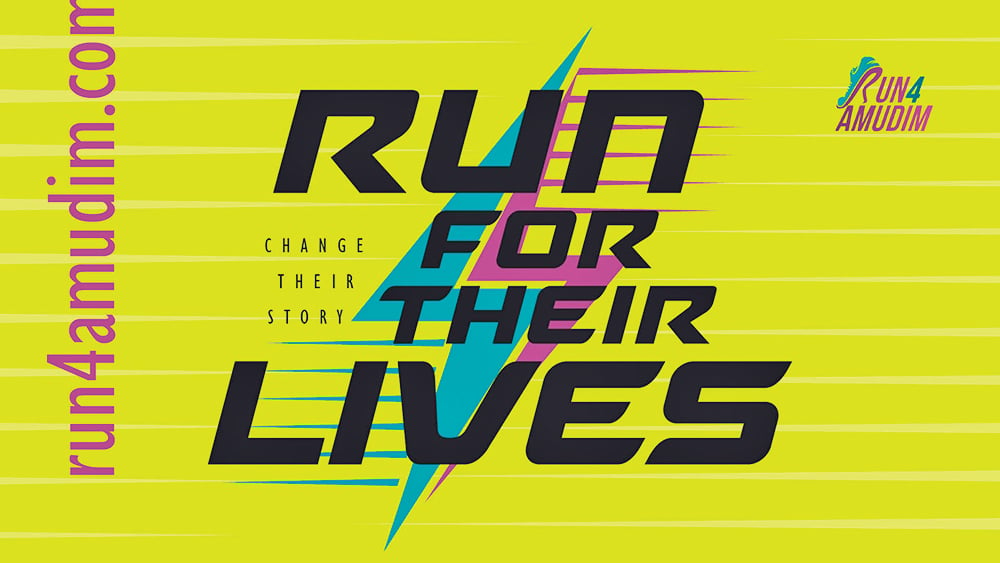Reviewing: “Letters on Kabbalah: Correspondences Between Two Schools of Jewish Thought” by J.J. Kimche. Independently published. 2023. Paperback. 187 pages. ISBN-13: 979-8852523730.

The classic Jewish joke is that if you ask two Jews, you get three opinions. When it comes to the authorship of the Zohar, it’s not just a matter of differing views, but a scholarly debate that can engage the academic mind.
The two main camps regarding the Zohar can be summed up as “it’s complete nonsense and borders on ideas closer to Christianity than Judaism; or “it is an integral part of our tradition, has its roots in the holy Talmudic sage Rabbi Shimon bar Yochai, and those who deny its authorship could be considered heretics.”
There’s a famous story about Gershom Scholem’s lecture on Kabbalah at the Jewish Theological Seminary. The great Rabbi Saul Lieberman, himself an adherent of Jewish rationalism, noted in introducing Scholem that “Nonsense is nonsense, but the history of nonsense is scholarship.” This historical context of the Kabbalah debate can make us feel more connected to our past.
In “Letters on Kabbalah: Correspondences Between Two Schools of Jewish Thought” (Da’at Press), editor J.J. Kimche brilliantly shows two sides of the debate around Kabbalah. While tens of thousands of pages are written on the topic, this monograph explores the debate between letters from two sets of scholars.
The letters between Rabbi Samuel David Luzzatto (Shadal) and Rabbi Eliyahu Benamozegh are translated by Daniel A. Klein, one of the greatest living experts on Shadal. The letters between Rav Abraham Yitzhak Kook and Rabbi Yihye Qafih are translated by Ben Rothstein. In this reviewer’s eyes, Shadal and Rav Kook are the clear victors in their debates.
Kimche is an up-and-coming scholar. His book is fascinating and engaging, exploring the nature of Kabbalah, its history, authorship of the Zohar, and the many controversies surrounding it.

Reviewing: “What Is Aish?: An overview of Aish’s Philosophy and Mission as Expressed in the Teachings of Rabbi Noah Weinberg,” compiled and edited by Tzvi Gluckin. Mekabel Press. 2024. Paperback. 114 pages. ISBN-13: 978-0984585656.
In the 35 years that Rabbi Noach Weinberg led Aish HaTorah, he gave countless classes in Jerusalem and around the world. These classes encapsulated all aspects of Jewish thought, history, scholarship, and his vision for Aish. But he never put pen to paper to systematically articulate his vision.
To fill that gap, we have “What Is Aish?: An overview of Aish’s Philosophy and Mission as Expressed in the Teachings of Rabbi Noah Weinberg” (Mekabel Press) by Rabbi Tzvi Gluckin. Here, Gluckin, a devoted student of Rabbi Weinberg, has gathered Rav Noah’s core ideas and thoughts and eloquently written them in this 100-page book.
Part 1 of the book delves into rational belief, living with God, and integration, while Part 2 focuses on personal and communal responsibility. Although many of Rabbi Weinberg’s ideas took shape in the 1970s and 1980s, they remain profoundly relevant today.
For those of us who had the privilege of learning directly from Rabbi Weinberg, as I did, his voice resonates on every page of this book. For those who did not have that opportunity, this exceptional book offers a profound understanding of what motivated him, what he stood for, his worldview and how Aish continues to carry on with those goals.

Reviewing: “Land of Health: Israel’s War for Wellness” by Shmuel Chaim Naiman. Menucha Publishers. 2024. Paperback. 185 pages. ISBN-13: 979-8888394649.
There are elderly people alive today who can remember people starving to death during Israel’s War of Independence. That was when the only thing people could think about was survival and if they could endure another day.
Jump to 2024, and if a time traveler were taken from 1,000 years ago and dropped into the Waldorf Astoria Jerusalem, they would certainly think they were in the world to come. The land of Israel today is one of bounty and beauty.
But with so much bounty comes obesity and other diseases. In “Land of Health: Israel’s War for Wellness” (Menucha Publishers), author Shmuel Chaim Naiman has written a brief guide on the intersection between wellness and the land of Israel. Israel can’t survive if the people are not healthy. Many of the ideas in the book can also be found in Naiman’s “The Healthy Jew” blog.
Our bodies need to be healthy, and the land of Israel, which is the body of Israel, also needs to stay healthy. That is paramount, be it ecology or other aspects. The book’s second part details the personal level, where wellness encompasses eating well and exercise, integrated with spirituality and faith.
The land of Israel is the spiritual center of the world. But spirituality can only survive with healthy bodies. And Naiman has written a guide to do that.

Reviewing: “999 Dad Jokes” by Eli Gurfein. Mosaica Press. 2024. Paperback. 108pages.
ISBN-13: 978-1961602243.
Some years ago, an Orthodox congregation got a well-known secular comedian to speak at their annual dinner. He was advised numerous times to “keep it clean.” Let’s just say the evening did not end well. His idea of keeping it clean significantly differed from what the audience and rabbi considered clean.
“999 Dad Jokes” (Mosaic Press) by Eli Gurfein says on the cover that it is 100% kosher. But what exactly is a kosher joke? It can’t be offensive, contain profanity or be insulting. With that, this book certainly is glatt kosher.
Merriam-Webster defines a dad joke as “a wholesome joke of the type said to be told by fathers with a punchline that is often an obvious or predictable pun or play on words and usually judged endearingly corny or unfunny.”
This book certainly lives up to that. Many jokes will make you laugh and groan, and a few that you won’t get. But in a world where too many jokes can’t be repeated, the challenge here is remembering all the great ones in this entertaining book.
Ben Rothke lives in New Jersey and works in the information security field. He reviews books on religion, technology, philosophy and science. Follow him on Twitter at @benrothke. His new book was recently published: “The Definitive Guide to PCI DSS Version 4: Documentation, Compliance, and Management.”












